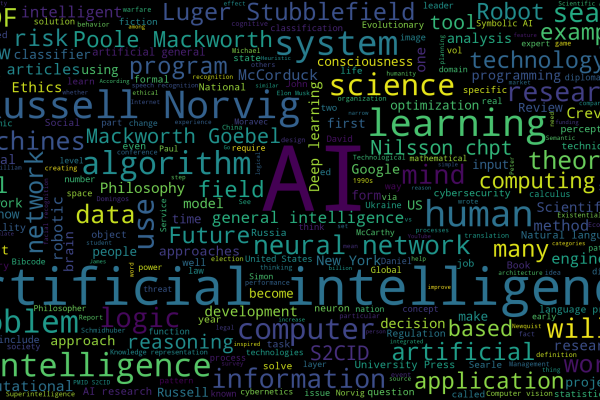Artificial Intelligence (AI) is at the crossroads between promise and peril, reshaping economies, industries, and international relations. Its impressive capabilities are raising both hopes of unprecedented productivity gains and fears of widespread job displacement. But is AI truly revolutionary, or just the next stage of technological evolution?
This presentation will explore the dual nature of AI’s impact on productivity and employment. On the one hand, its potential to automate tasks and increase efficiency promises economic growth and innovation. On the otherhand, its disruptive force raises concerns about job security, income inequality, and the very fabric of the labour market. Is humanity on the brink of an employment apocalypse, or are we entering a new era of enhanced human capabilities?
AI is also becoming a powerful geopolitical tool. Nations are competing to regulate, develop, and deploy AI technologies, using them as instruments of influence and control. In this global chess game, Europe’s regulatory stance and its ability to balance innovation with ethical considerations may determine its role in shaping the AI-powered future. Can Europe assert its vision amid the dominance of the U.S. and China, or will it be left behind?
Our speaker, Prof Van Zeebroeck, is a Professor of Digital Economics and Strategy at the Solvay Brussels School of Economics and Management (SBS-EM) of the Université Libre de Bruxelles (ULB). At Solvay, he teaches computer science, management information systems, digital strategy, and digital transformation. His research focuses on the ways in which digital technology affects the performance and organisation of companies and industries.
Image credit: Creative Commons Zero, Public Domain Dedication



